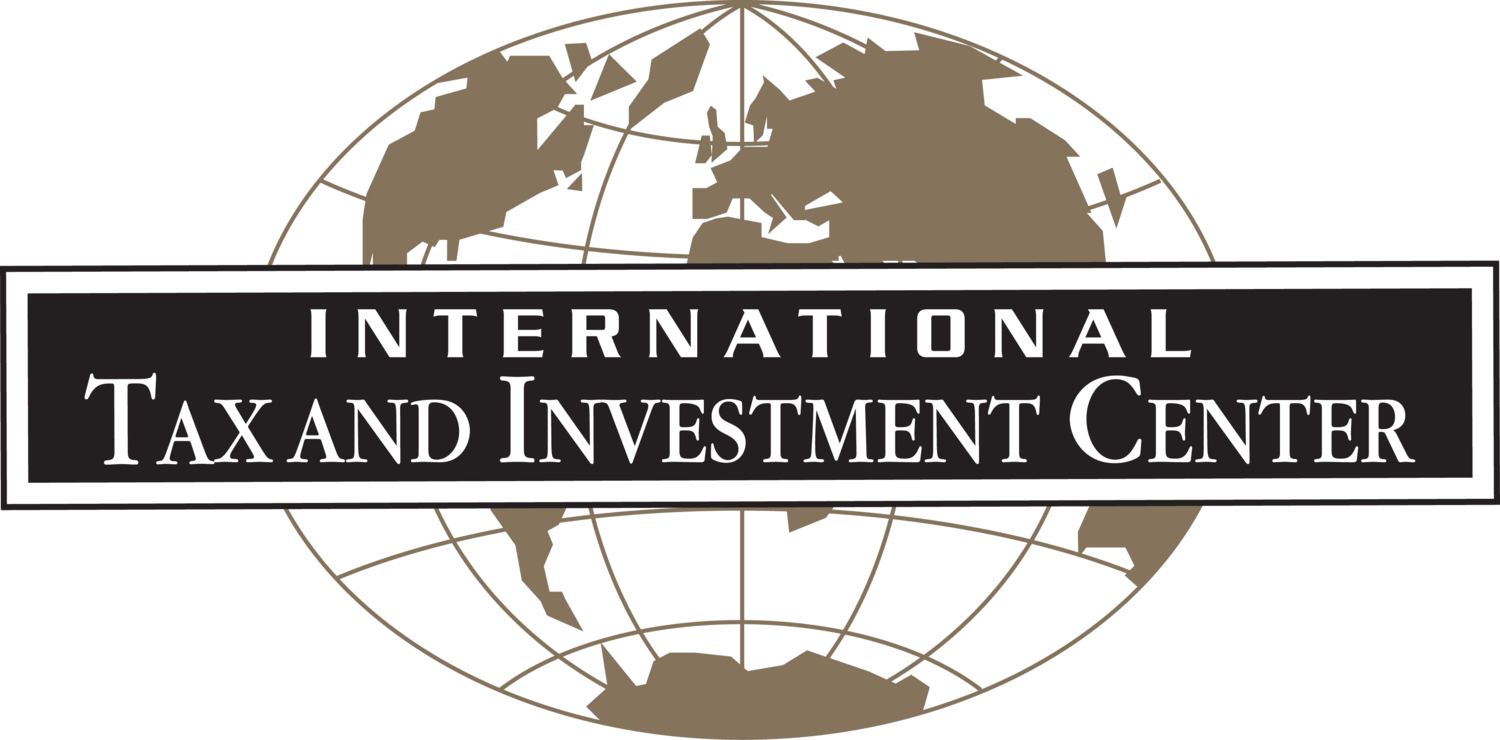Article by ITIC Senior Advisor Published in International Tax and Public Finance
International Tax and Public Finance recently published a paper by ITIC Senior Advisor Professor Richard Bird (Professor Emeritus of Economics, Joseph L. Rotman School of Management, University of Toronto), entitled, "Are global taxes feasible?" [Full Paper]
Abstract: "Over the years, many proposals for global taxes—taxes levied on a world-wide basis—have been made. None has been successful, essentially because one cannot have global taxes without a global government. This paper first reviews some major global taxes that have been proposed and then considers whether experience in two other spheres in which countries deal with each other to resolve fiscal questions—the financing of international organizations and international taxation (how national taxes deal with cross-border flows)—offers any lessons about the feasibility of a global tax. Since countries have little appetite for giving up fiscal sovereignty or for explicitly redistributive fiscal arrangements, most past global tax proposals had little or no prospect of success. But less ambitious attempts to develop a more ‘global’ approach to taxation through a transparent process that involves most who are affected, provides them some demonstrable benefit to all, and remains firmly under national control may perhaps over time move us a bit closer toward achieving the better world that global tax proponents presumably wish to achieve."
New E-Way Bill Proposed in India
ITIC Senior Advisor Sumit Dutt Majumder (Former Chairman of the Central Board of Excise and Customs in India) recently wrote an article for India Legal on "the latest change in the GST system...the E-Way Bill, an electronic document to be generated on GSTN (GST Network, which manages the IT system of the GST portal) whenever there is transportation of goods worth more than Rs 50,000." [Full Article]
OECD Releases Interim Report on "Tax Challenges Arising from Digitalisation"
Today, the OECD will release a new interim report, entitled, Tax Challenges Arising from Digitalisation, as "a follow-up to the work delivered in 2015 under Action 1 of the BEPS Project on addressing the tax challenges of the digital economy. It sets out the Inclusive Framework’s agreed direction of work on digitalisation and the international tax rules through to 2020. It describes how digitalisation is also affecting other areas of the tax system, providing tax authorities with new tools that are translating into improvements in taxpayer services, improving the efficiency of tax collection and detecting tax evasion." [More Information]
New Position Paper on Corporate Tax and Digital Economy Released by UK
EY's 14 March 2018 Global Tax Alert reported on the newest position paper issued by the UK Government, entitled Corporate tax and the digital economy: position paper update, which "sets out the government’s updated thinking, with a view to engaging further with businesses and other stakeholders to better understand and resolve some of the outstanding questions" relating to the taxation of digital companies. [More Information]
IMF Executive Board Completes Article IV Consultation with Lao P.D.R.
At the end of February, the Executive Board of the International Monetary Fund (IMF) concluded the Article IV Consultation with Lao People's Democratic Republic, and noted that, "The authorities have developed a reform agenda to address some of the vulnerabilities in the economy, with the goal of supporting stable and sustainable growth to graduate from Least Developed Country (LDC) status. Aware of the challenges presented by high public debt and deficits, they are moving to put in place a gradual fiscal consolidation mainly through tax policy and administration reforms." [Continue Reading]
Transfer Pricing and Customs Valuation Workshop Held in Colombia
Earlier this month, the World Customs Organization (WCO), Organisation for Economic Co-operation and Development (OECD), World Bank Group, and Inter-American Center of Tax Administrations (CIAT) convened a "Workshop on Transfer Pricing and Customs Valuation" in Bogotá, Colombia for 35 participants from Tax and Customs administrations from the Americas and Caribbean region. [More Information]
IMF Releases Staff Concluding Statement for Uzbekistan
The International Monetary Fund (IMF) released a Staff Concluding Statement following a staff visit to Uzbekistan for consultations under Article IV. The staff's report includes updates on the current outlook in Uzbekistan; monetary and exchange rate policies; credit policies; fiscal policies; coordination of stabilization policies; financial sector policies; structural policies; and statistics.
The full Uzbekistan Staff Concluding Statement is available on the IMF's website.







